Brief Introduction to Recent New Policies for Cross-border E-commerce
Original Yang Chunbao Sun Tong The legal bridge between PE and TMT 2018-12-09
Foreword
We are in " On the Application of "E-commerce Law" to Overseas E-commerce "The article mentioned that at the recent executive meeting of the State Council, a number of guidelines were determined to support and encourage the development of cross-border e-commerce. In order to implement the relevant spirit of the executive meeting of the State Council, Relevant ministries and commissions have successively issued a number of regulatory policies for cross-border e-commerce, Including the "Notice on Improving the Supervision of Retail Imports in Cross-border Electronic Commerce" (hereinafter referred to as the "Supervision Notice") jointly issued by the Ministry of Commerce and other six ministries and commissions. The "Notice on Perfecting Cross-border Electronic Commerce's Retail Import Tax Policy" (hereinafter referred to as the "Tax Notice") jointly issued by the Ministry of Finance and other three ministries and commissions, and the "Notice on Adjusting the List of Cross-border E-commerce Retail Import Commodities" (hereinafter referred to as the "List") jointly issued by the Ministry of Finance and other 13 ministries and commissions. These new policies will be formally implemented from January 1, 2019. This article will briefly describe their regulations on cross-border e-commerce enterprises and cross-border e-commerce platforms, as well as other main contents of these new policies.
Ⅰ. Cross-border E-commerce Enterprises
1.Definition
For the first time, the regulatory notice clearly defines a cross-border e-commerce enterprise: a cross-border e-commerce enterprise refers to an overseas registered enterprise that sells cross-border e-commerce retail imported goods from overseas to domestic [1] consumers, and is the owner of the goods rights. According to this definition, cross-border e-commerce enterprises need to meet the following conditions:
1.1 Registered abroad;
1.2 The target of selling commodities is domestic consumers;
1.3 The commodities sold are cross-border e-commerce retail imported [2] commodities (hereinafter referred to as "imported commodities");
1.4 Is the owner of imported goods.
2.Responsibility
According to the regulatory notice, the main responsibilities of cross-border e-commerce enterprises include:
2.1 To ensure the quality and safety of commodities, it should entrust a domestic market entity to register with the customs, make truthful declaration, accept supervision according to law, and bear civil joint and several liabilities.
2.2 To protect the rights and interests of consumers, their responsibilities include but are not limited to: commodity information disclosure, return and exchange services, recall of problematic commodities, compensation for infringement of commodity quality, etc. In particular, a recall system for problematic commodities should be established, including immediately stopping sales, recalling and handling, and reporting to the customs.
2.3 In conjunction with the cross-border e-commerce platform, the "Risk Notification Letter" will be provided to consumers in a prominent position on the website, and the order can only be placed after consumers agree. The notice shall contain at least:
Commodities meet the requirements of relevant standards or technical specifications of origin, but consumers shall bear the risks that may differ from China's standards.
Goods are purchased directly from overseas. If there is no Chinese label, consumers can check the Chinese electronic label through the website.
Goods purchased by consumers shall be for their own use and shall not be sold again;
2.4 The Establishment of Commodity Quality and Safety Wind Control Mechanism;
2.5 Establish and improve the quality traceability system for bonded imported goods purchased online. Traceability information should at least cover the complete logistics track and encourage upstream traceability to overseas consignors, commodity manufacturers, etc.
2.6 To transmit electronic data of imported goods transactions with electronic signatures to the Customs real time, one can declare the list to the Customs by oneself/by an agent and assume corresponding responsibilities.
Ⅱ. Cross-border E-commerce Platform
1.Definition
According to the regulatory notice, the cross-border e-commerce platform refers to an operator who handles industrial and commercial registration in China, provides web space, virtual business premises, transaction rules, transaction matching, information release and other services for both parties to the transaction (consumers and cross-border e-commerce enterprises), and establishes an information network system for both parties to the transaction to independently carry out transaction activities. It is worth mentioning that the regulatory notice clearly states that cross-border e-commerce platforms should be the main body of the domestic market, which means that e-commerce platforms registered overseas, such as Tmall International and Jingdong Global Purchase, must be relocated to China through business restructuring or set up domestic entities to operate relevant e-commerce platforms through registration of domestic subsidiaries.
2.Responsibility
According to the regulatory notice, the main responsibilities of the cross-border e-commerce platform include:
2.1 To go through registration at the customs, accept supervision, and cooperate with the follow-up management and law enforcement work;
2.2 Transmitting electronic transaction data of imported goods with electronic signatures to the customs real time, examining the authenticity of transactions and consumer identities, and assuming corresponding responsibilities;
2.3 Establish management systems involving transactions, consumer protection and bad information processing. Examine the authenticity of the identity of the enterprise applying for entry, publicize the information, consumer evaluation/complaint information on the website, and provide the regulatory authorities with information such as the enterprise to be entered. Sign an agreement with the settled enterprises to clarify the relevant responsibilities, rights and obligations of both parties;
2.4 Establish independent blocks/channels to provide services for cross-border e-commerce enterprises and domestic e-commerce enterprises (for example, the settled enterprises include domestic and overseas enterprises), or distinguish imported/non-imported goods with obvious signs to avoid misleading;
2.5 To establish a self-discipline system for handling consumer disputes and safeguarding rights, we must actively assist consumers in safeguarding their rights and pay compensation in advance.
2.6 Establish a commodity quality and safety risk control mechanism, timely release commodity risk surveillance information and Alert information released by regulatory authorities in conspicuous positions on the website, and urge cross-border e-commerce enterprises to strengthen quality and safety risk prevention and control, including urging them to recall and deal with problematic commodities, and suspending cross-border e-commerce business of illegal enterprises, etc.;
2.7 Establish a wind control system to prevent false transactions and secondary sales of imported goods, strengthen the monitoring of abnormal transactions, and take corresponding measures to control them;
2.8 According to regulatory requirements, the goods on sale shall be effectively managed, the display and trading pages of goods prohibited from entering the country in the form of cross-border e-commerce retail import shall be closed in a timely manner, and relevant departments shall be notified.
III. Other Major Contents of the New Policy on Cross-border E-commerce
1.The other two types of participants in cross-border e-commerce
Apart from cross-border e-commerce enterprises and cross-border e-commerce platforms, The regulatory notice also specifies two other types of subjects involved in cross-border e-commerce retail imports, namely: service providers registered in China entrusted with providing declaration, payment, logistics, warehousing and other services for cross-border e-commerce enterprises, and subject to follow-up supervision and corresponding responsibilities by relevant departments, and domestic consumers who purchase imported goods.
For domestic service providers, banking institutions providing payment services should have a "financial license", non-bank payment institutions should have a "payment business license", and the scope of payment business should include "Internet payment"; Logistics enterprises should obtain the Express Business License. In addition, payment, logistics and customs declaration service providers should be responsible for the authenticity of the data and lists provided to the regulatory authorities. Logistics service providers should also open the logistics real time tracking information sharing interface to the customs, and carry out domestic delivery of cross-import goods in strict accordance with the logistics information issued in the transaction link. If it is found that the actual delivery is inconsistent with the declared logistics information, the relevant delivery shall be terminated and reported to the Customs in a timely manner. Of course, in the actual operation of cross-border e-commerce business, In addition to the above domestic service providers, There are also domestic service providers (known as "TP" in the industry) that specialize in providing flagship store construction, operation and maintenance as well as other services such as technology, promotion, after-sales service and call centers for cross-border e-commerce enterprises. Such domestic service providers play a very important role in the development of cross-border e-commerce, but generally do not require special business license, so they are not covered by the new cross-border e-commerce policy.
2.Taxation
Limit Value for Single Transaction (RMB) |
Annual Transaction Limit (RMB) | |||
Before adjustment |
After adjustment |
Before adjustment |
After adjustment | |
Limits |
2000 |
5000 |
20000 |
26000 |
As shown in the above table, according to the tax notice, the single transaction limit for imported goods will be increased from 2,000 yuan to 5,000 yuan, and the annual transaction limit will be increased from 20,000 yuan to 26,000 yuan. In addition, the tax notice also makes special provisions for cases exceeding the limit of a single transaction. On the premise that the following conditions are met at the same time, the import channel can be cross-border e-commerce retail and taxes shall be paid according to relevant regulations:
The customs value exceeds 5,000 yuan but is less than 26,000 yuan;
Only one item was placed on the order.
However, if the total annual transaction amount exceeds 26,000 yuan, it shall be imported according to general trade and taxed.
3.Resale
Both the regulatory notice and the tax notice stipulate that purchased imported goods are limited to consumers' personal use and cannot be sold again. In principle, online shopping bonded imported goods are not allowed to carry out the "online shopping bonded + offline self-promotion" mode outside the special customs supervision area.
4.Responsibilities of government departments
4.1 Customs
According to the supervision notice, the customs' supervision responsibilities for cross-border e-commerce mainly include:
Implement quality and safety risk surveillance for imported goods. Including: carrying out necessary quarantine according to law before selling commodities, and issuing risk warnings as appropriate; Establish an emergency handling mechanism for major quality and safety risks of imported commodities, order relevant enterprises to take risk reduction measures for problematic commodities, supervise those that have not yet been sold according to the goods, and take responsibility according to law; We will optimize and improve regulatory measures for food imports and do a good job in prevention and control for quality and safety risks.
Cross-border e-commerce retail import related enterprises will be included in the customs credit management, and differentiated customs clearance management will be implemented according to the credit rating. Including: facilitating customs clearance for honest enterprises and strictly supervising dishonest enterprises; Sharing the information of advanced certified enterprises and dishonest enterprises to the national credit information sharing platform, and publicizing it to the public through the "Credit China" website and the national enterprise credit information publicity system; The implementation of joint incentives and punishment.
Investigate and deal with cross-border e-commerce enterprises, platforms and domestic service providers suspected of smuggling or violating customs supervision regulations. Including: those suspected of smuggling or violating regulations shall be dealt with by the customs according to law; If a crime is constituted, criminal responsibility shall be investigated according to law; For those who illegally engage in cross-border e-commerce retail import business by using other citizenship information, they shall be dealt with as smuggling violations and handed over to relevant departments according to law. For those who are not suspected of smuggling violations and are found for the first time, they shall be ordered to conduct interviews or suspend their business for rectification. If they are found again, they shall be prohibited from engaging in cross-border e-commerce retail import business for a certain period of time and shall be investigated and dealt with by other industry authorities.
4.2 Market Supervision Department
In accordance with regulatory notices, The market supervision department should urge cross-border e-commerce enterprises and cross-border e-commerce platforms to eliminate potential safety hazards of sold commodities, implement recalls in accordance with the law, and investigate and deal with commodities within the scope of the list sold by enterprises and individual industrial and commercial households in the domestic market that do not have legal import certificates or relevant certificates showing purchases from cross-border e-commerce retail import channels.
4.3 People's governments of pilot cities
According to the regulatory notice, the people's governments of the pilot cities [3] are responsible for the pilot work of the regulatory policies for cross-border e-commerce retail imports in the region. Major problems and situations in the pilot process should be reported to the Ministry of Commerce and other relevant departments in a timely manner.
5.New List Goods
The list further expands the scope of commodities that enjoy preferential policies (i.e. Zero tariff within the limit, import value-added tax and consumption tax are levied at 70% of the statutory tax payable), and adds 63 taxable items including grape sparkling wine, malt brewed beer, fitness equipment, etc. that are in great demand by the public.
Conclusion
Premier Li Keqiang pointed out at the executive meeting of the State Council that our policy should give cross-border e-commerce enterprises a stable expectation, continue to expand opening up, stimulate consumption potential and promote the stable growth of foreign trade import and export. Therefore, we have reason to believe that the cross-border e-commerce market will enter a period of rapid development. Yang Chunbao's lawyer team will pay close attention to the latest regulatory trends in order to provide valuable references to relevant institutions and professionals.
The term "outside or within China" as mentioned in this article refers to outside or within China's customs territory.
Supervision Notice: The term "cross-border e-commerce retail import" as mentioned in this notice refers to the consumption behavior of consumers in China who purchase goods from overseas through cross-border e-commerce third-party platform operators and deliver them into China through "online bonded import" (customs supervision method code 1210) or "direct purchase import" (customs supervision method code 9610).
Regulatory Notice: This Circular applies to Beijing, Cross-border e-commerce retail import business in 37 cities (regions) including Tianjin, Shanghai, Tangshan, Hohhot, Shenyang, Dalian, Changchun, Harbin, Nanjing, Suzhou, Wuxi, Hangzhou, Ningbo, Yiwu, Hefei, Fuzhou, Xiamen, Nanchang, Qingdao, Weihai, Zhengzhou, Wuhan, Changsha, Guangzhou, Shenzhen, Zhuhai, Dongguan, Nanning, Haikou, Chongqing, Chengdu, Guiyang, Kunming, Xi'an, Lanzhou, Pingtan, etc.






















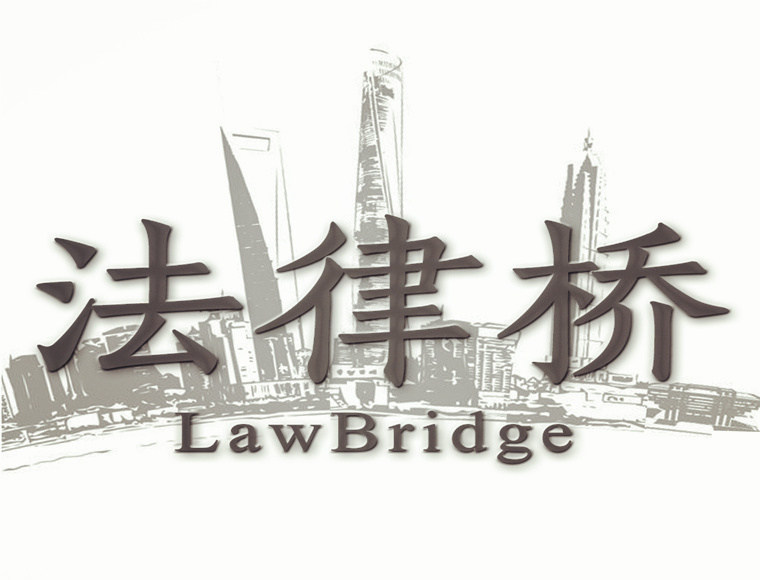
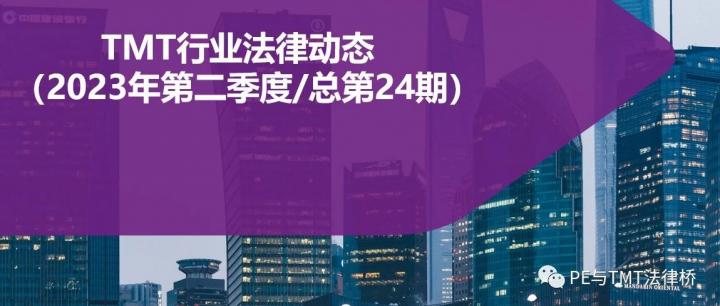
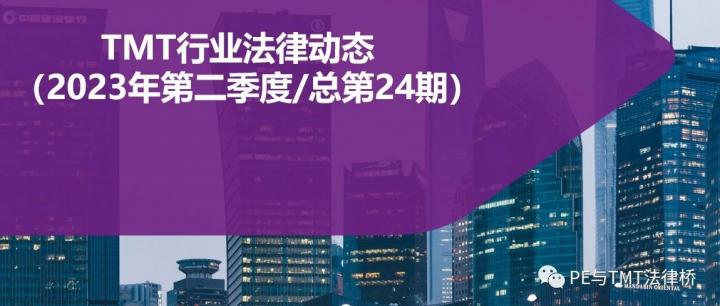
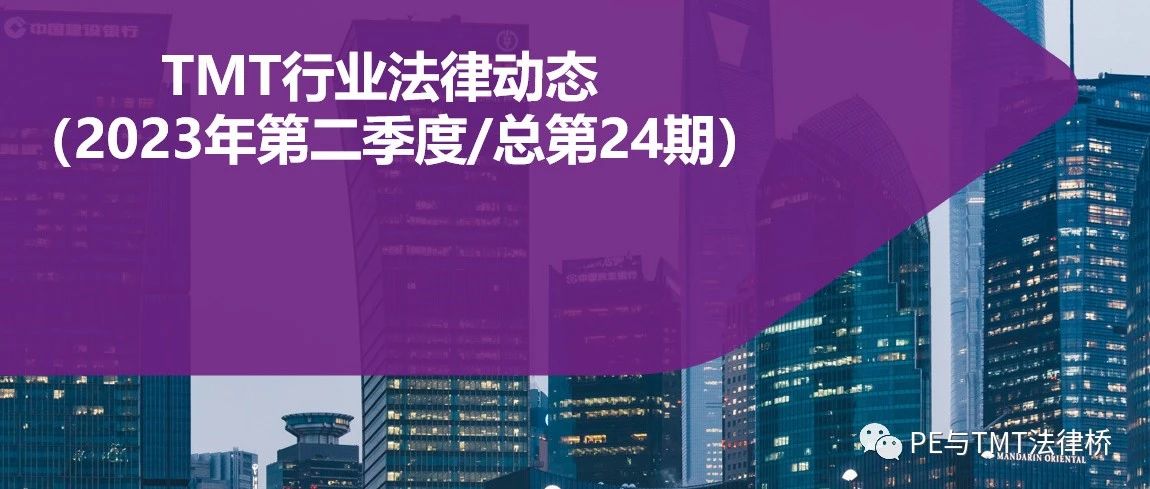
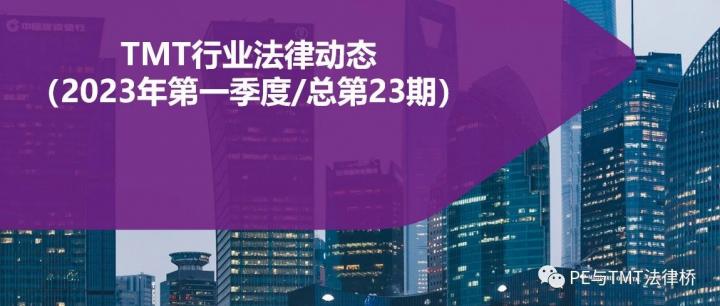




























First, please LoginComment After ~